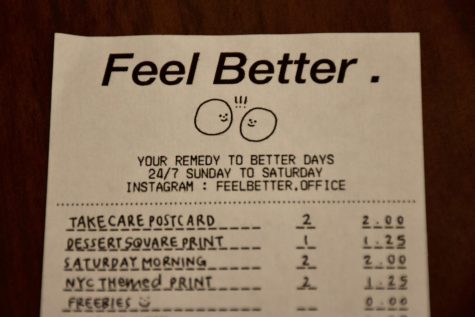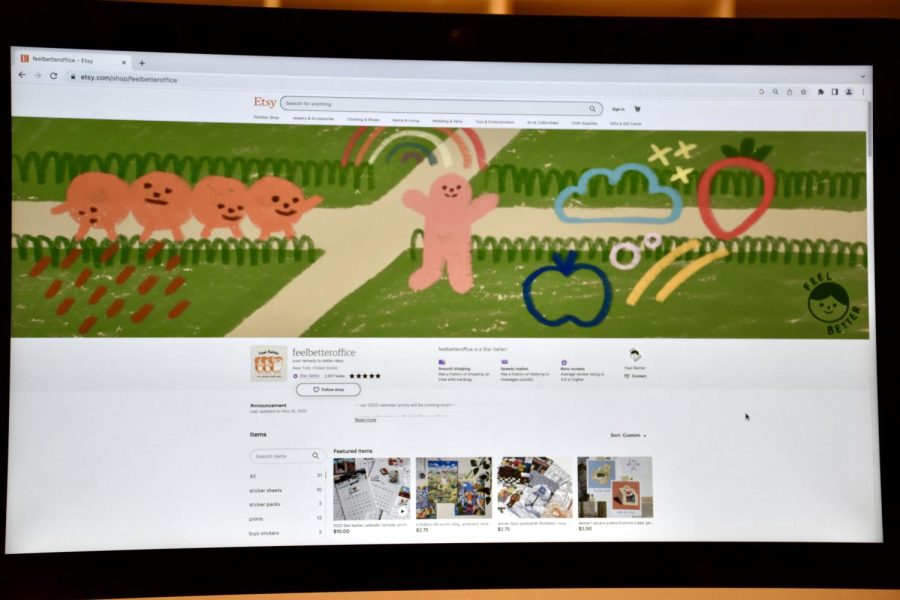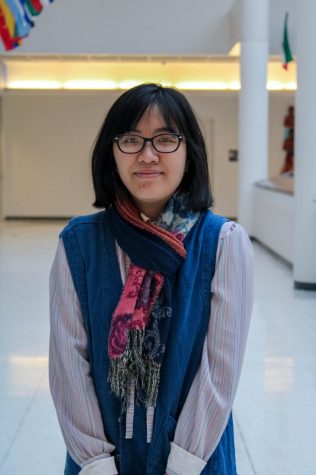Sister-run business encourages people to ‘Feel Better’ through nostalgic stationery
December 10, 2022
A simple phrase can go a long way and make someone’s day. In the case of a shop named “Feel Better,” it proved that in less than two years’ time.
The Queens-based stationery business on Etsy Inc. opened in February 2021, nearly a year after the COVID-19 pandemic arrived in the United States and shut down brick-and-mortar stores. Since launching at a time characterized by economic uncertainty, the shop made 2,817 sales around the world as of Dec. 8, with more to come.
Feel Better’s online storefront or “office” invites customers to purchase home-produced art prints, postcards, decorative tape and stickers. Behind each order are the store’s workers, who describe themselves in the “about” section as “two sisters who just wanted to try something new.”
Unbeknown to customers, the sisters are also students who are balancing their side hustle with schoolwork and part-time jobs.
Janet and Michelle Lee are, as the former says, the “iconic sibling duo” behind the shop. They pay homage to their Korean background in their products, as evident in the shop’s popular selling prints featuring Shiba Inu dogs and desserts.
Janet studied illustration at the School of Visual Arts, where she graduated last May. The one behind Feel Better’s designs, the artist carries around a sketchbook to doodle in when inspiration strikes. Places and objects that evoke nostalgia such as nature, bakeries, breakfast cereal and the Korean supermarket chain H Mart inspire her art.
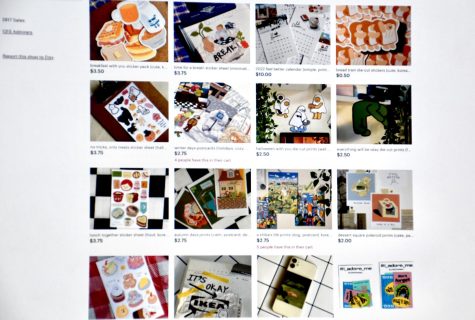
“A lot of the work I make is very simple and oftentimes comparable to children’s drawings, but it is those children’s drawings that always resonated with me,” Janet said.
Blocks away from the art college, Michelle studies operation management as a junior at Baruch College. She runs Feel Better’s logistics and financial aspects — packing the orders and managing the shop’s Etsy and Instagram pages. The latter accumulated 10,000 followers within its first two months.
“The experience of having others appreciate work that you create from start to finish is really an irreplaceable feeling,” Michelle said. “Being able to have my own creative vision when creating physical products is another enjoyable part of being the leader of your own business.”
Motivated to help her sister feel more confident about her art, Michelle asked Janet about starting the business together. Janet was also encouraged by people’s praise and interest in buying her art, especially with drawings of dancing Shiba Inu dogs.
Making the most of their time at home with little worry over physical schoolwork as a result of the pandemic, the sisters bought an inkjet color print, researched and experimented with samples. They launched their store once they developed a consistent production process and produced enough inventory.
“With the start of the pandemic, we realized that with feelings of uncertainty, loneliness and excess time, opening ‘Feel Better’ seemed to be something that we could commit to,” Janet said.
The aptly named business aims to bring comfort and smiles to people’s faces through products that emanate that message.
To their success, the sisters shared the message with customers around the world, even earning a “Star Seller” badge from Etsy for their performance. Customers shared photos of their orders, some showing how they decorated their phone cases with Feel Better’s stickers.
Barnard College senior Joanne Lee — no familial relation to the sisters — is a frequent customer from Feel Better, having known the sisters since middle school and seen Janet’s art. Aside from supporting the sisters, Joanne buys their products to add color to her dorm’s blank walls.
“I purchased from them and their following launches because their art prints make me ‘feel better’ whenever I see them on the walls of my dorm room,” Joanne said.

While Feel Better is a side hustle to them, the sisters are doing business in an estimated $5.9 billion market. Industry Research reported that the stationery products market grew at a steady rate this year, with popular brands such as Staedtler, Mead, Muji and Pilot Corp.
“While it may be more convenient to buy wholesale stationery, owning items that are sold exclusively in one store is quite a brag, if you ask me,” Michelle said, adding she hopes that customers “feel the warmth in their heart knowing they are receiving earnest human interactions” when doing business with Feel Better.
As Feel Better grew at a fast rate, Michelle paused its Instagram page so that she may take a stress break, taking the store’s own advice to make her “feel so much better.”
As creative blocks can challenge Feel Better’s artistic direction, the pandemic also poses challenges for the sisters, such as finding a supplier with available and cheap material. They try to acquire materials locally from businesses such as City Papery for paper and Washi Mill for decorative tape, which Feel Better sold out of.
Etsy provides labels to orders through the U.S. Postal Service, but the delivery service may lose packages, never reaching the customer. Feel Better communicates with the customers when this happens.
As a result, the sisters ship another package free of charge, taking on a financial toll, especially with international orders. They added insurance to their package, but that too increases shipping costs.
Additionally, inflation in the domestic economy led business expenses such as raw materials and consequently Etsy’s services to rise. The platform increased its transaction fees for sales-dependent sellers to 6.5% in April, up 30%.
“Etsy should be more mindful of what hurdles they place for independent store owners to continue their store as well as support their own living,” Janet said.
Michelle suggested that the e-commerce platform could show that the fee hike is worth keeping by “enhancing the selling experience,” such as updating the website.
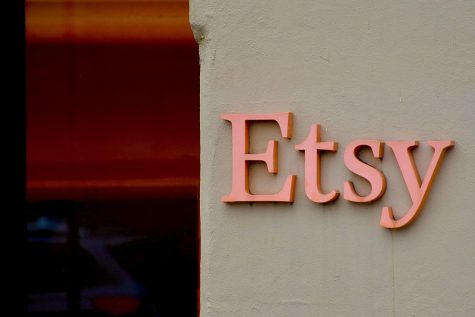
Despite inflation driving prices up, Feel Better’s customer base remains strong, as Janet notes repeating customers make up about half of it. Joanne said inflation is not discouraging her from shopping from the sisters, who credit their low, affordable prices for encouraging customers to come back.
Michelle said Korean stationery can be costly in the United States and hard to find in stores. Not to mention, Janet’s art comes from personal, “wholesome” experiences that add a “homey” vibe to the products.
“I feel that our store and what we put out touches more on the mental health aspect that is not so polished and ‘finalized,’” Janet said, explaining that they aren’t driven by making a perfect product but rather something “more intimate and oftentimes, even a bit childish, to build relationships with people’s childhoods.”
The sisters say customers can look forward to new products such as a 2023 calendar and tote bags this month. In the future, the sisters hope to open a cafe where they can combine their interests in baking and selling art. They’re also hoping to participate in popup events and conventions, such as independent art fairs.
When launching an independent business, even if temporary, Michelle advises students to plan, take on risks and make improvements accordingly to help realize their goals.
“It is more than okay to give yourself a break when life gets too hectic or tiring to deal with,” she said. “Of course, the payoff of jumping over hurdles is great, but exerting too much effort may not be best for your business or your own self in the long run. There is no shame in taking breaks — to an extent — and remember that your well-being comes first.”
